Like many fans of the franchise, I'm biding my time waiting for the final season of Amazon's The Boys, which is expected to come out next year, by revisiting Garth Ennis's original comic series – and I have to admit that as the seasons have progressed, the show's divergences from its source material have become its greatest strengths.
It has long been said that "the book is always better," but in the era of proliferate adaptations, that is becoming less of a truism. I'm not here to say one version of The Boys supersedes the other, but I do think it is worth noting that while making changes to the story can be the downfall of one adaptation, it can be the greatest virtue of another.
Increasingly, The Boys has established itself in this latter category; largely, the changes that the TV series’ creators have made have been what I would consider to be the “right” choices.
Some Fans Argue That "The Boys" TV Series Is Better Than The Original Comic Because It Dials Down The Franchise's Most Infamous Aspects
Less Hyperbolic Sex, Violence, & Profanity
Personally, I would argue that The Boys has justified its changes to Garth Ennis's story because the specific changes that have been made have yielded strong dramatic returns in their own way, distinct from the comic. Yet as far back as Season 1, some fans have argued, with some merit, that the changes in themselves elevated the TV series above the comic. Though I don't necessarily agree, I find this perspective to be really interesting, and worth exploring in more detail.
Ennis's work prioritized style over substance, and...the TV series has taken the kernel of substance in the original series and put a greater degree of focus on that.
When I started to think about the positive impact of The Boys' adaptation's differences, I wanted to find out what other people were saying about this same topic, and a quick Google search pulled up an old reddit thread, where user DarkMayhem5970 posed a similar question to the users of r/comics. The original poster asked why some adaptations are castigated for a lack of "accuracy" to the original, while The Boys is praised for breaking with Ennis's version early and often – and some of the answers are fascinating.
According to one user, Amazon's The Boys "dials back" the "gratuity" of Garth Ennis's comic "in all the right places." Another accused Ennis of "smothering a decent idea" in the spectacle of the gore and profanity that the comic is synonymous with. In essence, many commentors seemed to echo a common refrain among comic book fans, both those who enjoyed reading The Boys and those who didn’t: that Ennis's work prioritized style over substance, and that the TV series has taken the kernel of substance in the original series and put a greater degree of focus on that.
By Toning Down The Boys' Most Abrasive Elements, Amazon's Adaptation Allowed Its Best Aspects To Flourish
More Of A Focus On Character & Theme
It seems to me that the common refrain about The Boys comic is that its excesses were...well, excessive, to the point of undermining its own intriguing concept, and limiting the potential of the many exciting character dynamics it set up over the years. I find this noteworthy, because the argument isn't against the comic's depiction of violence and sexuality, per se, but rather that Garth Ennis leaned to heavily on these elements, to the detriment of the valuable points that the series had to make about consumerism, entertainment, superheroes' place in culture, and more.
Conversely, many fans are not so much happy that Amazon toned down the franchise for television, but instead happy that the toning-down necessitated by adaptation for a wider TV-watching audience has created the conditions for the series to focus more on characters' actions and reactions, and their emotional journeys as the plot progresses. So, while I maintain that the positive end results of this overall adjustment in focus is what matters, I have come to recognize that my position and the one expressed by many users in this reddit thread go hand-in-hand.
Making Strong, Effective Changes To The Source Material Has Been Pivotal To The Success Of Amazon's "The Boys"
The Show Captures The Spirit Of The Comic
The crass content permeating every issue of The Boys is not without its purpose; plenty has been written, and continues to be written, about why Garth Ennis uses excessive violence and coarse language in his work, and I admit, while I feel like I "get" it, I also tire of it as quickly as many readers seem to. While I don't agree that it invalidates, or totally obscures, the relevant, even urgent thematic content of the series, I do recognize that it can detract from peoples' engagement with those themes, and the deeper perspective that the book has to share.
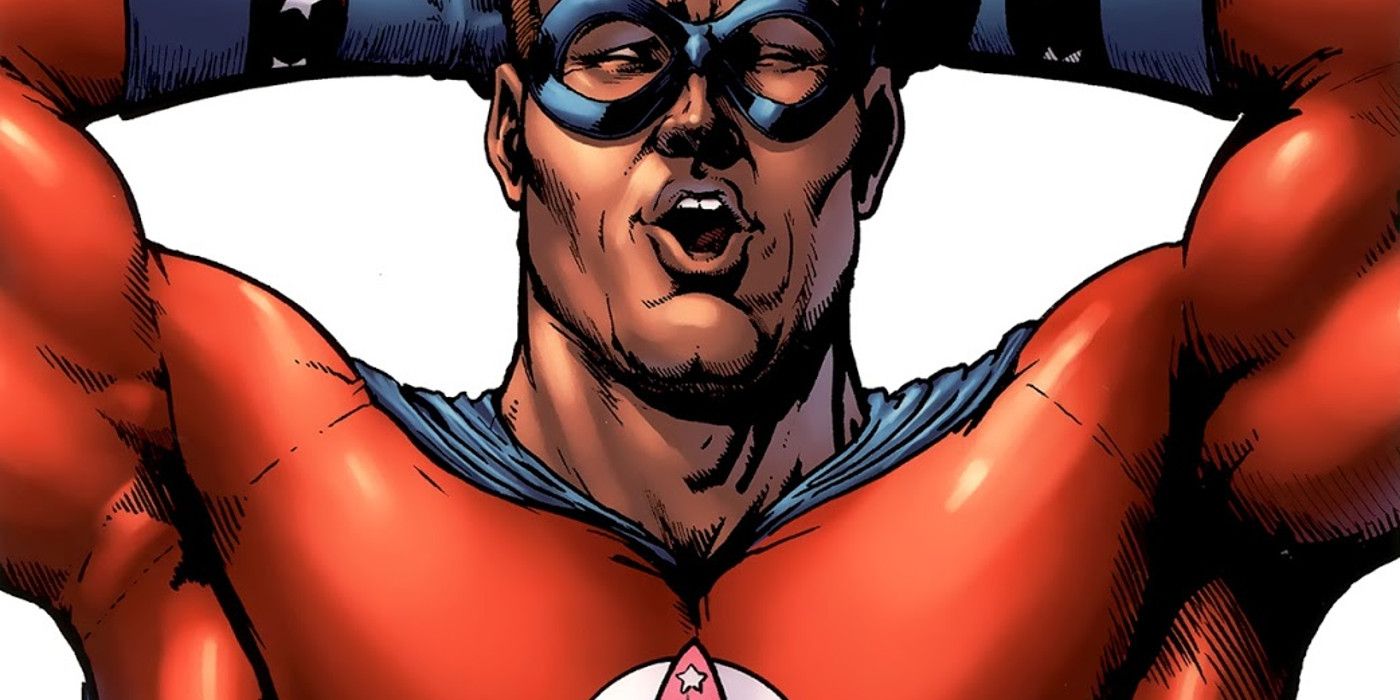
Related
The Boys Co-Creator Breaks Down the Inspiration Behind the Story's "Perverted and Screwed Up" Heroes
Darick Robertson discusses the dark influences, twisted humor, and IRL ideas that shaped The Boys, from superhero satire to real-world cynicism.
At its core, what I appreciate about The Boys TV series is the way that it does more than just copy/paste those themes – just like it adapts plot and characters, it also adapts, and updates, the theme of the original comic, in a way that has made the source material arguably more relevant, and certainly more accessible. In this way, even before its final chapter commences, Amazon's The Boys has been a successful adaptation, one that needs now to only stick the landing, in order to satisfying the many fans who consider it an improvement upon the comic.
Source: /comicbooks on Reddit
Your changes have been saved
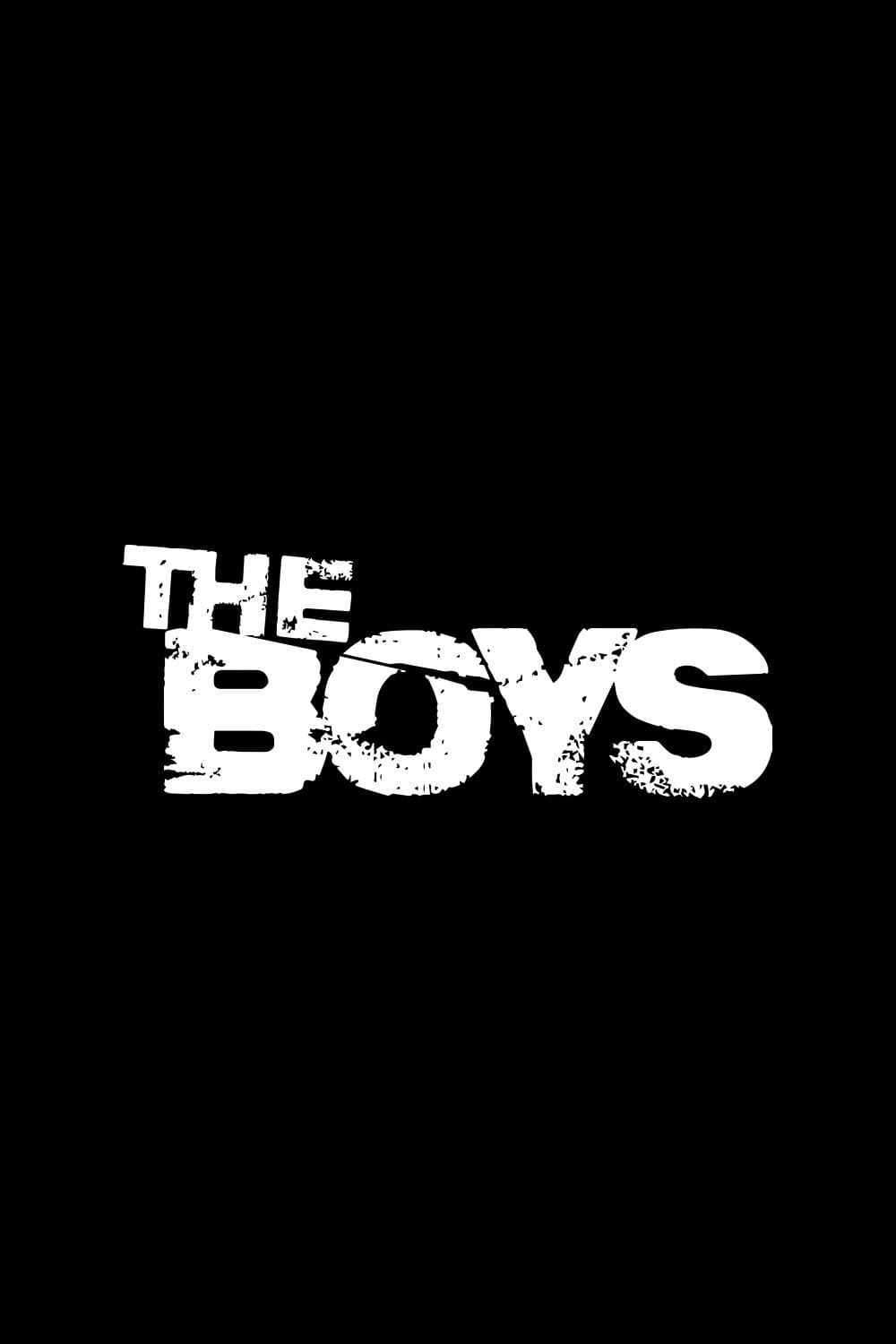
The Boys
The Boys franchise is a satirical and dark superhero series based on the comic book by Garth Ennis and Darick Robertson. It explores a world where superheroes, or "Supes," are corrupt, violent, and morally bankrupt, all controlled by the powerful corporation Vought International. The story centers around two opposing groups: The Boys, a vigilante team aiming to expose and defeat the corrupt heroes, and The Seven, Vought's elite team of Supes led by the ruthless Homelander.

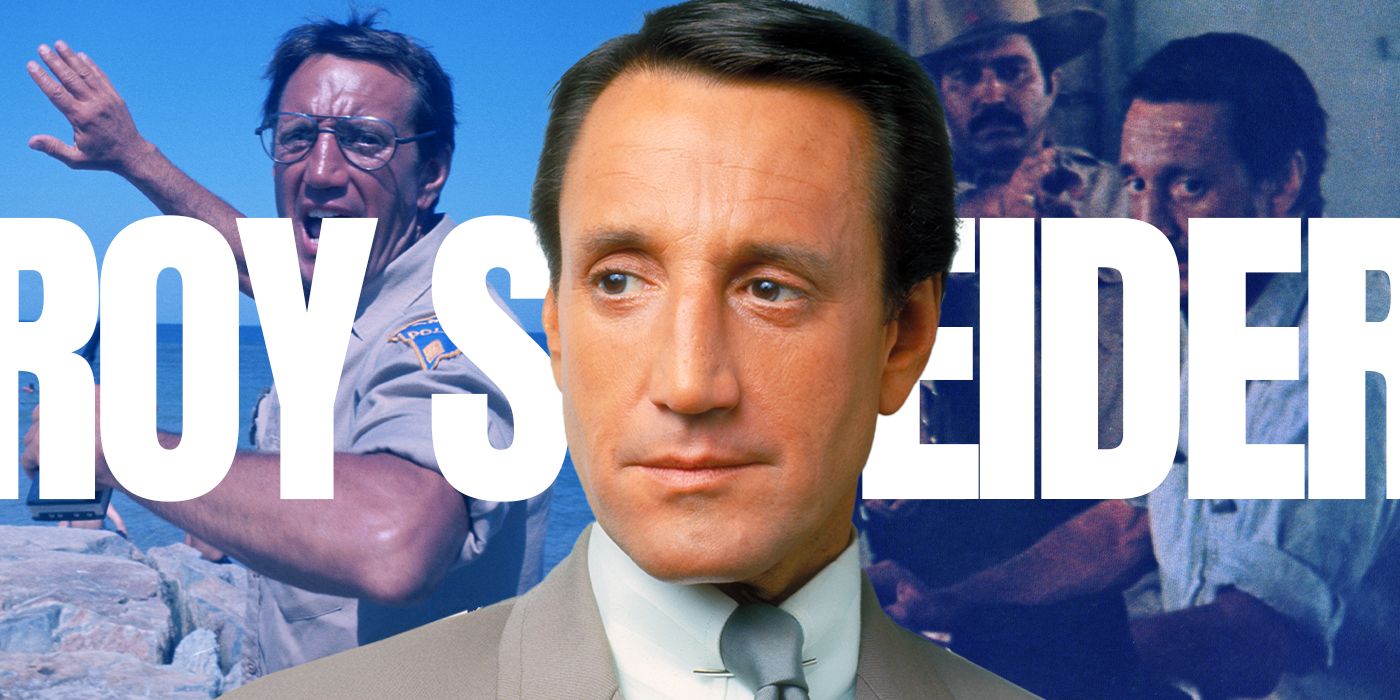
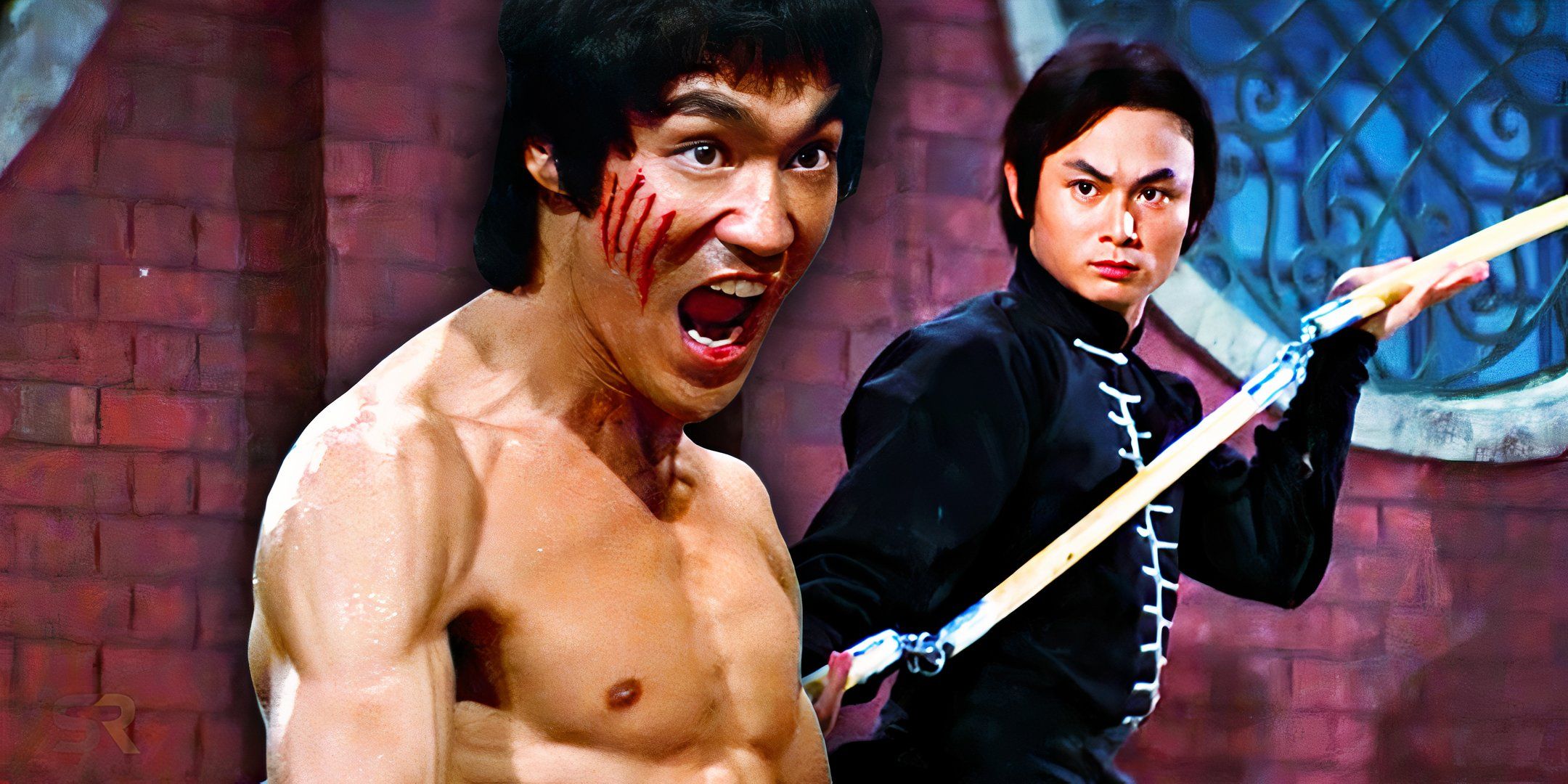
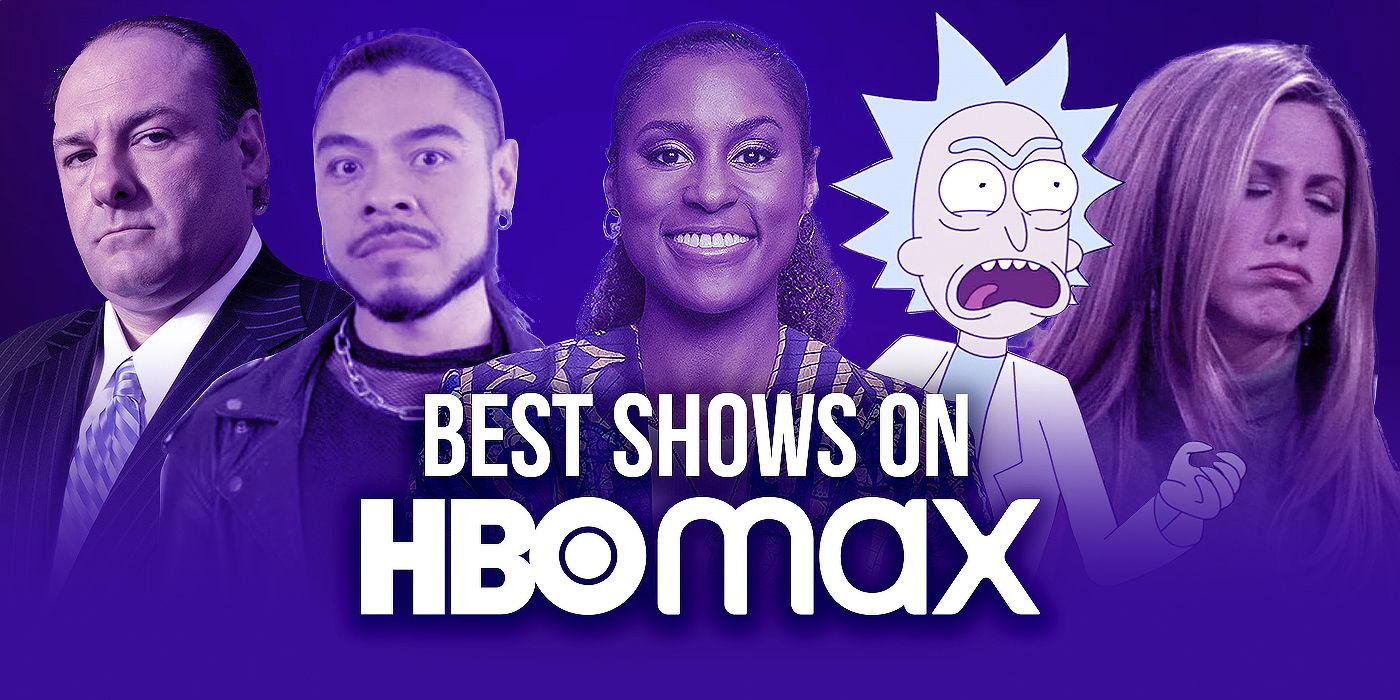



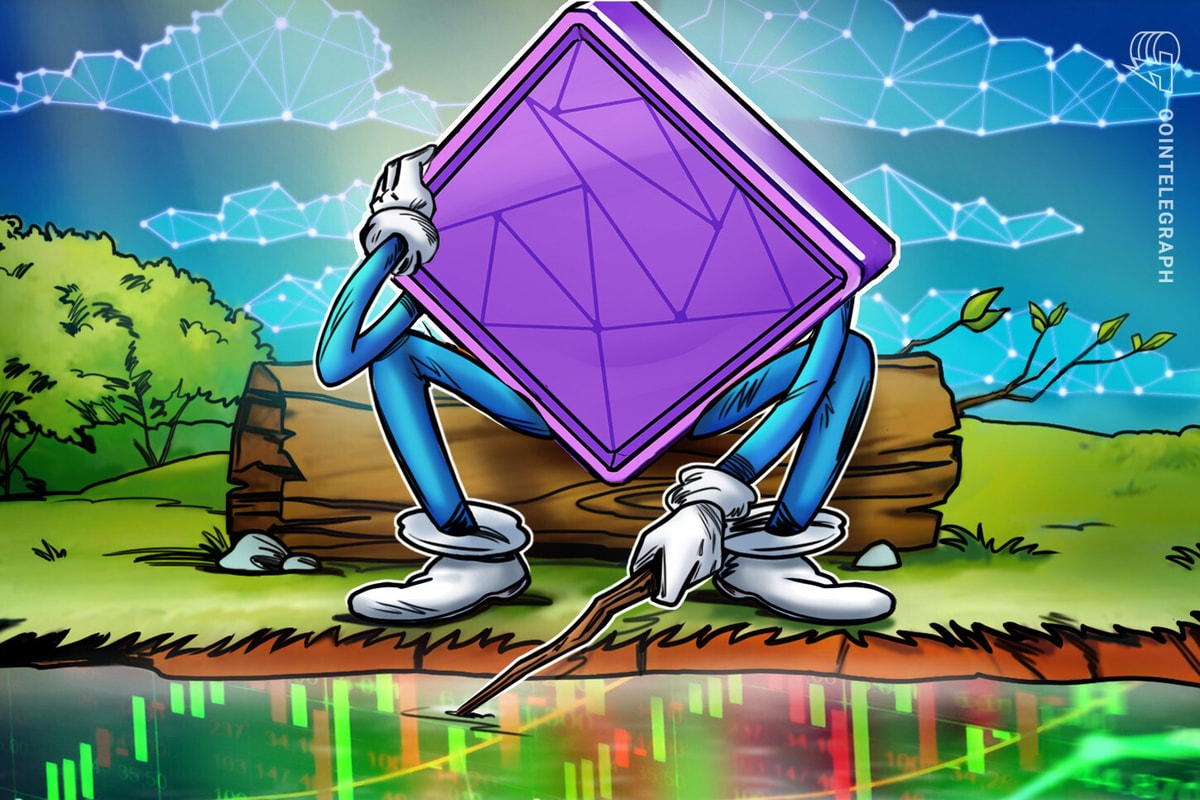

 English (US) ·
English (US) ·